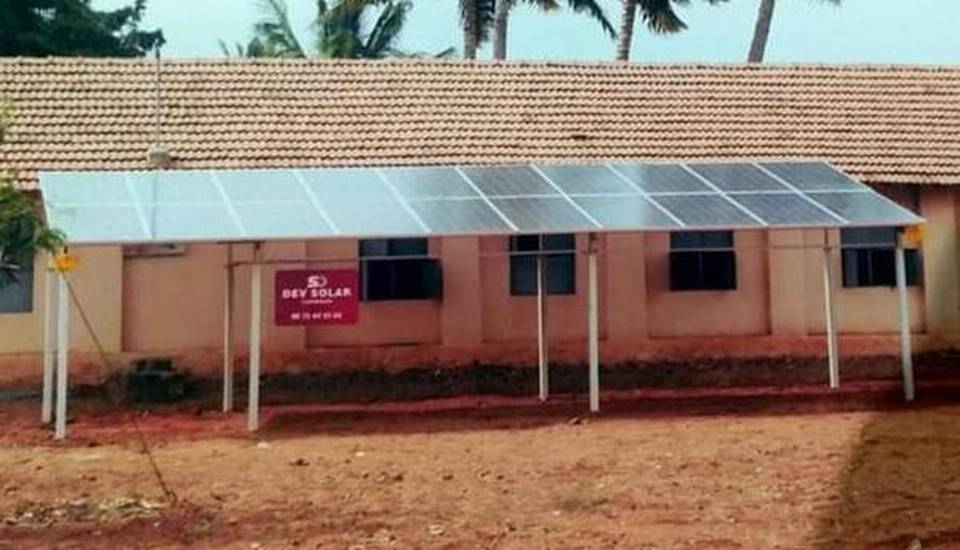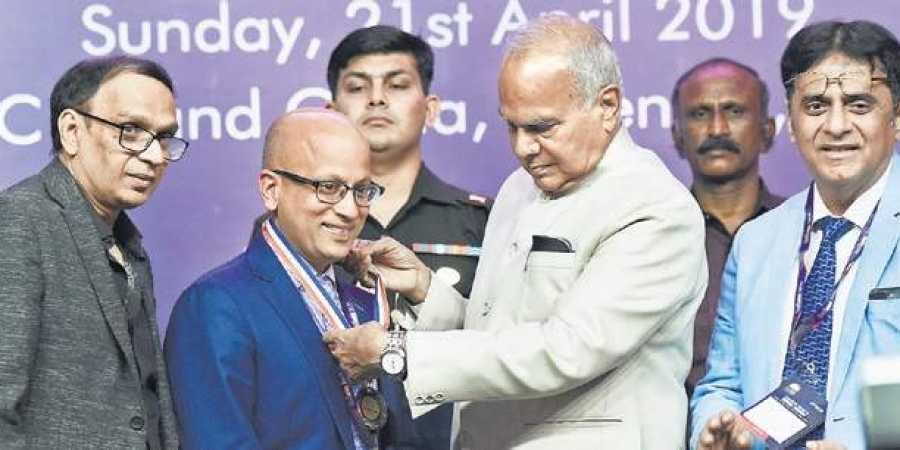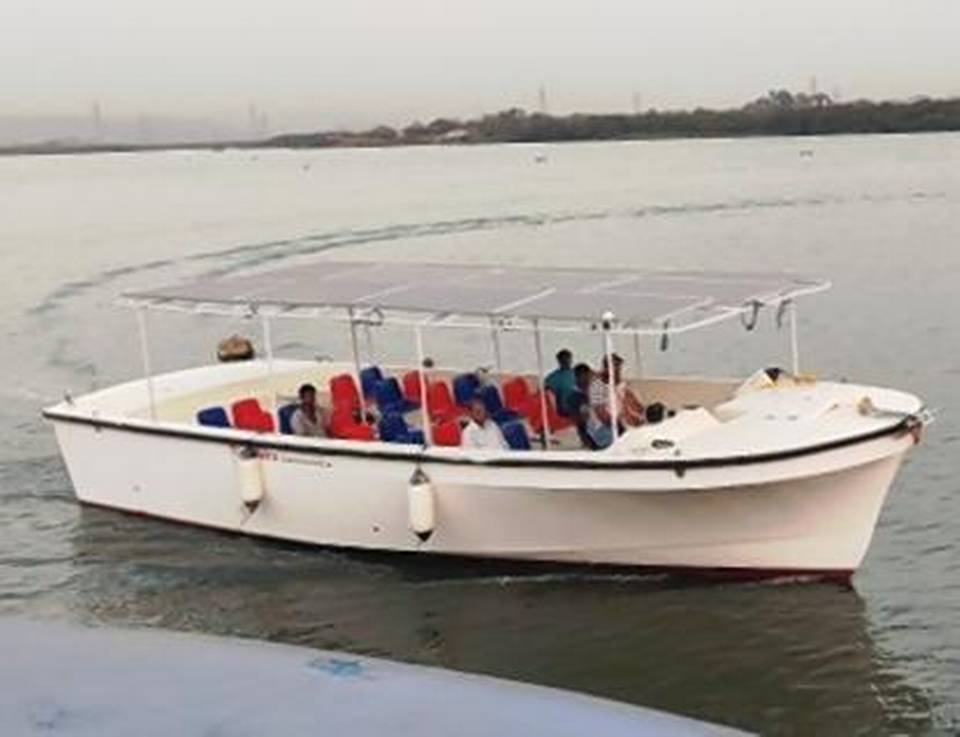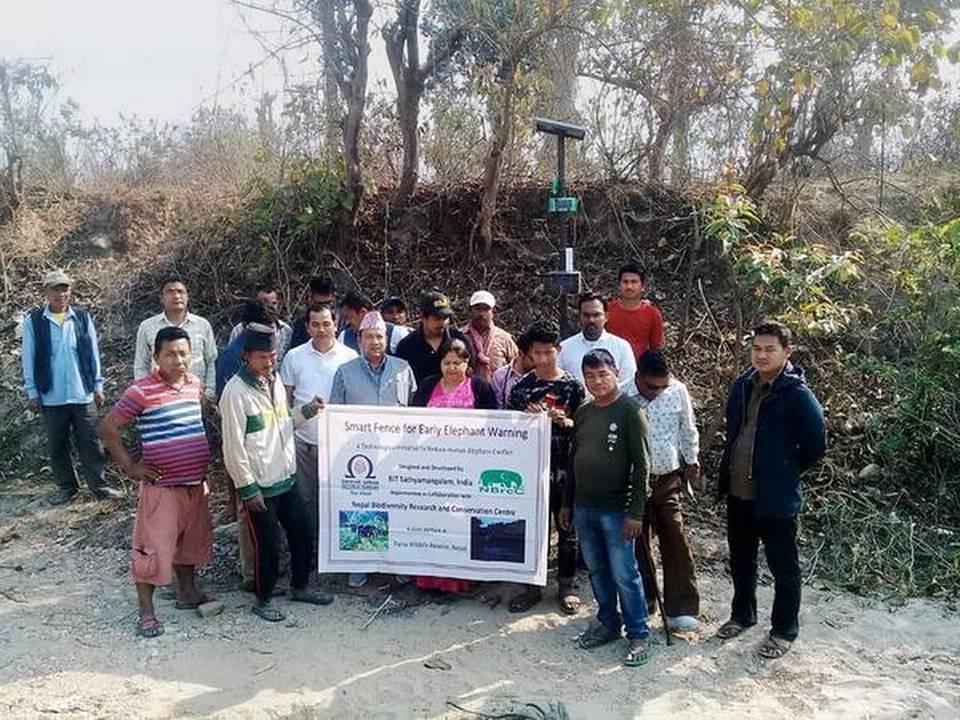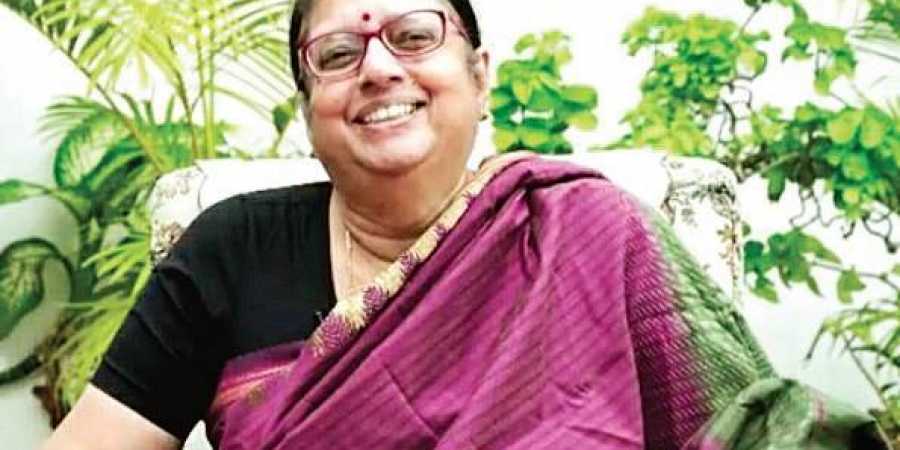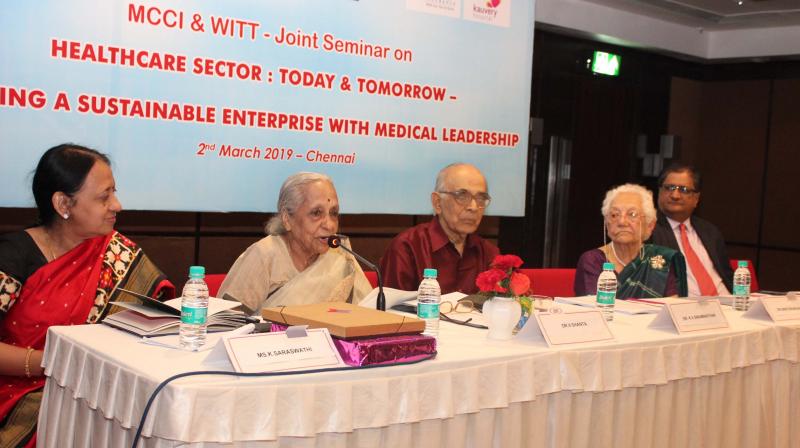The inventor is a retired Madras University professor Venkatesan Kaviyarasan and his PhD student J Manjunathan.
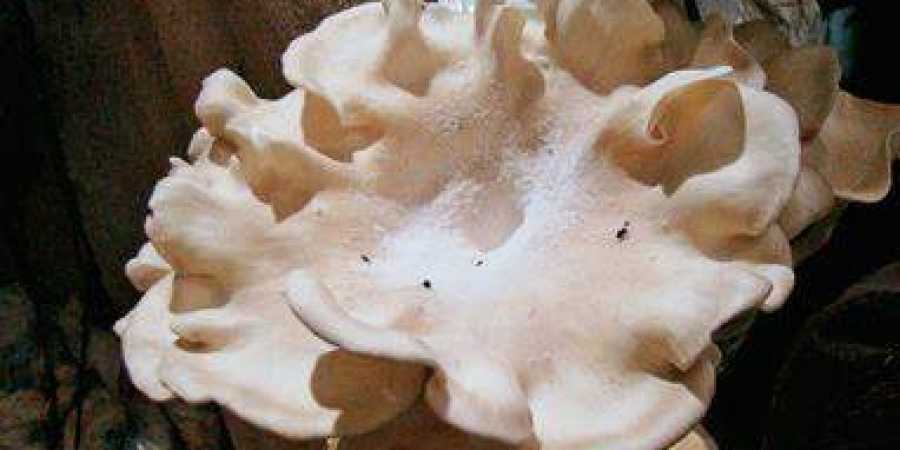
Chennai :
Globally, millions of dollars are being spent on cancer research and for decades, scientists have been gathering information on bio-active compounds exhibiting anti-cancer properties from different sources. In India, for the first time, a patent has been issued for extracting anti-cancer compounds from a wild mushroom variety found in Western Ghats of Tamil Nadu.
The inventor is a retired Madras University professor Venkatesan Kaviyarasan and his PhD student J Manjunathan. The university had applied for the patent in 2012 and after rigorous scrutiny, got it on March 11 this year. The mushroom variety from which the research team has isolated the anti-cancer compounds is lentinus tuberregium, which is an edible variety valued for its high nutritional composition. However, the major limitation to its availability and utilisation is that it is seasonal in nature.
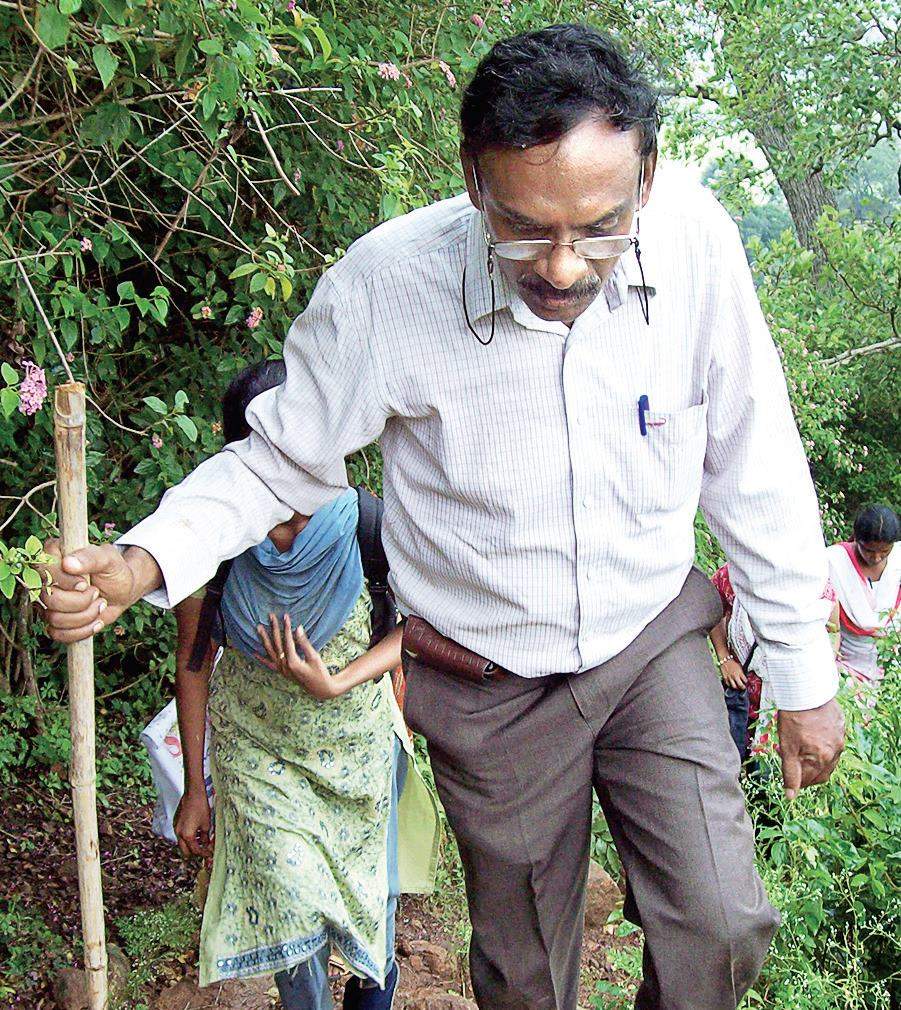
during his research trip to Kolli Hills;
Speaking to Express, Kaviyarasan said his team has carried out extensive studies on mushroom biodiversity since 1960s. They had successfully catalogued over 700 mushroom varieties, bio-documenting the edible ones with highly nutritive attributes, and studying medicinal mushrooms from the 1990s.
“In the 1970s, a Japanese mushroom, lentinus edodes, well known as Shitake mushroom, proved to exhibit anticancer activity and the same was later approved by the FDA of USA. In the year 2000, some of my associates were able to collect various lentinus samples from the Kolli Hills of the Eastern ghats and Kanyakumari forests of the Western Ghats.
Both nutritional and medicinal properties were documented. Of these, more than 8 bio-active compounds were identified and the anti-cancer properties of some of them were confirmed by studies against suitable anticancer cell lines. Of these, two compounds, namely LT1 and LT 2 extractable from an edible mushroom, lentinus tuberregium have been duly patented for the extraction protocols for the anti-cancer cell line of breast cancer,” Kaviyarasan said in an interview, while urging the university and his students to take the research forward.
Kaviyarasan, who recently suffered stroke and is recovering, is still enthusiastic about his work, and rued the fact that in India, research on medicinal properties of mushrooms is at an infant stage, while countries like China, Japan and other eastern countries are progressing at faster rate. He alleged that British rulers have suppressed the traditional knowledge that the native Indians possessed and eventually promoted only the allopathy medicine. Further, our pioneers failed to record most of the information available to them.
However, for centuries, Indians are believed to have consumed many different mushroom varieties as food. These include the straw mushroom (volvariella valvaceae), oyster mushroom (pleurotus) and marakkalan (lentinus). In the year 1912, Dr T Petch, the then Director of the Botanical Gardens at Kandy in Sri Lanka, visited Tamil Nadu and found some local inhabitants in the Tanjore belt collecting some material from mushroom bases under termite mounds known as Putru Manga in the local dialect and traditionally used by pregnant women just before child birth in order to prevent pneumonia.
The information was published in the Annual Review of the Botanical Garden. Even today, the ‘Arisi Kalan’ (termitomyces microcarpus) and ‘Putru Kalan’ (termitomyces heimi) varieties are sold in the local vegetable markets of Tirunelveli and Thiruvananthapuram.
Gordon Wasson, a mushroom researcher, visited India and gathered information from many Vedic pandits in Kasi and Pune. Based on the knowledge acquired from Rig Vedic literature on Soma Banam, which is nothing but an extract from mushroom amanita muscaria, a book entitled Soma: Divine Mushroom Immortality was published. In this book, the author explained the effects of hallucination and immortality that this extract offers on its consumption. After this book was published in 1968, several international research articles have been published on this subject.
Co-inventor J Manjunathan said a project proposal has been forwarded to Department of Science and Technology (DST) to carry forward the research. He said lentinus tuberregium mushroom can be commercially cultivated and he was ready to help the farmers.
The Kaani tribe in Kanyakumari forests are known to use mushrooms in their daily diet. Field trips and personal interviews with tribal people reveal extensive usage of mushrooms. “Tribal people collect mushrooms early in the morning in bamboo or reed baskets. The collected mushrooms are cleaned in fresh water twice or thrice and slightly pounded in wooden mortar with an equal amount of rice. Then, both are boiled with a little water, spices, salt and wild green chillies are added for flavour and aroma. Then, it is served with cooked rice or cooked tapioca. Grated coconut is added to this preparation by some tribal people,” said Kaviyarasan, who had lived with Kaani tribes for days as part of his research.
source: http://www.newindianexpress.com / The New Indian Express / Home> Cities> Chennai / by S.V. Krishna Chaitanya / Express News Service / May 05th, 2019
